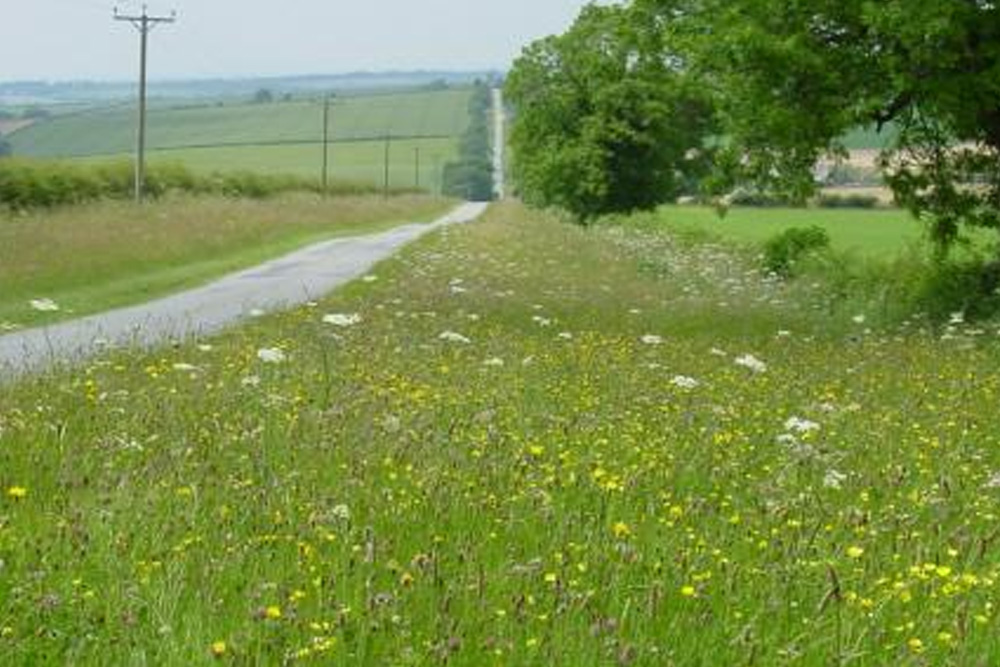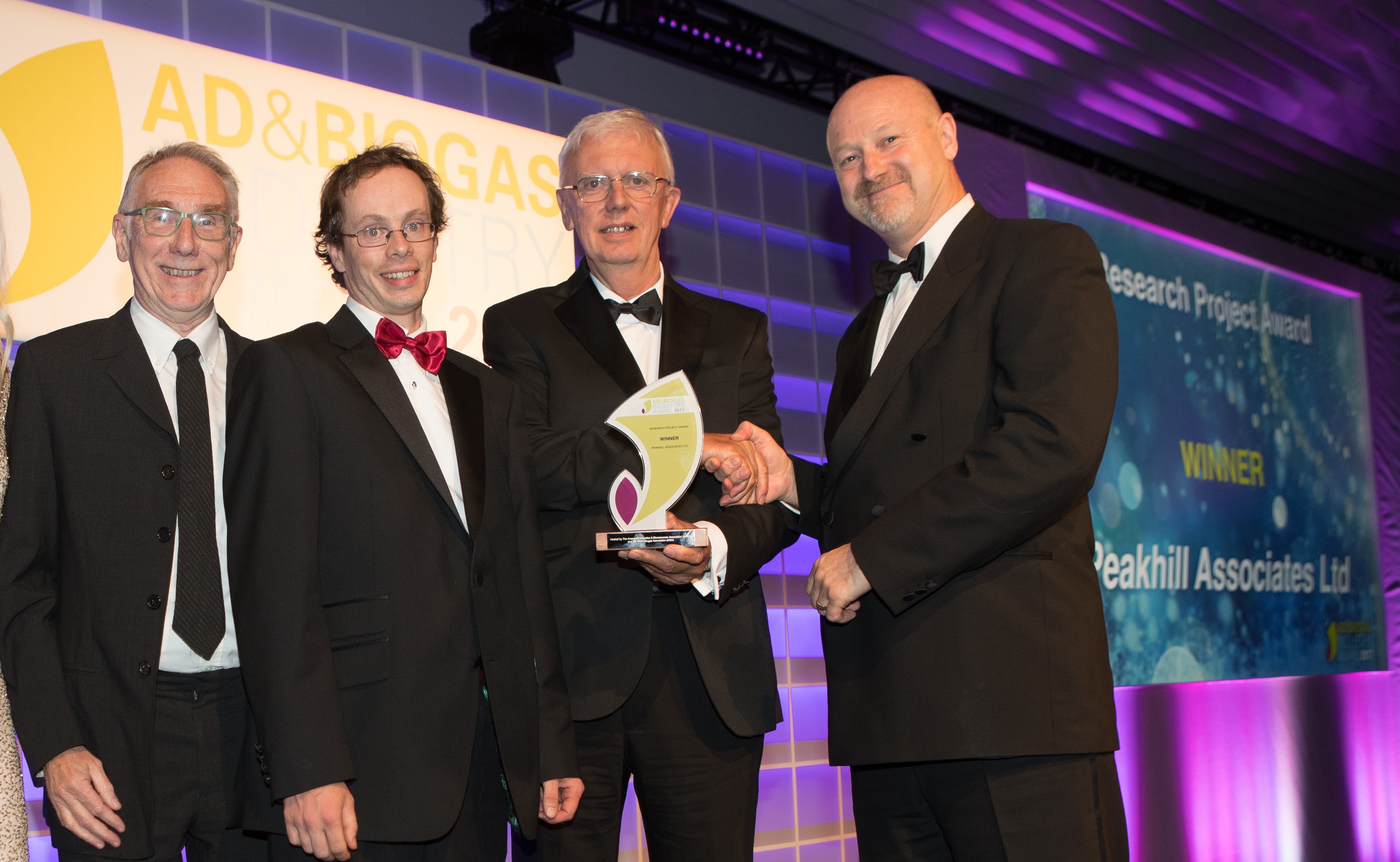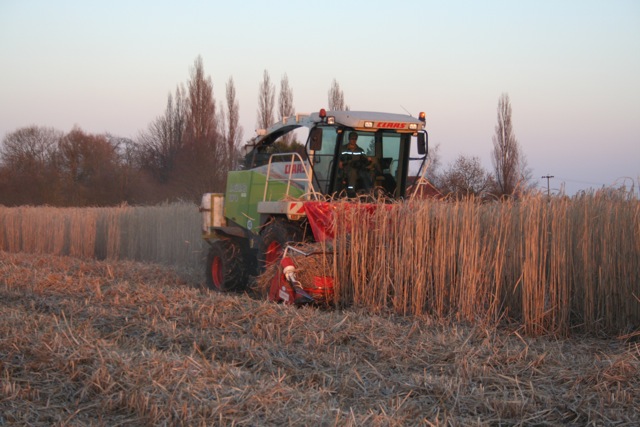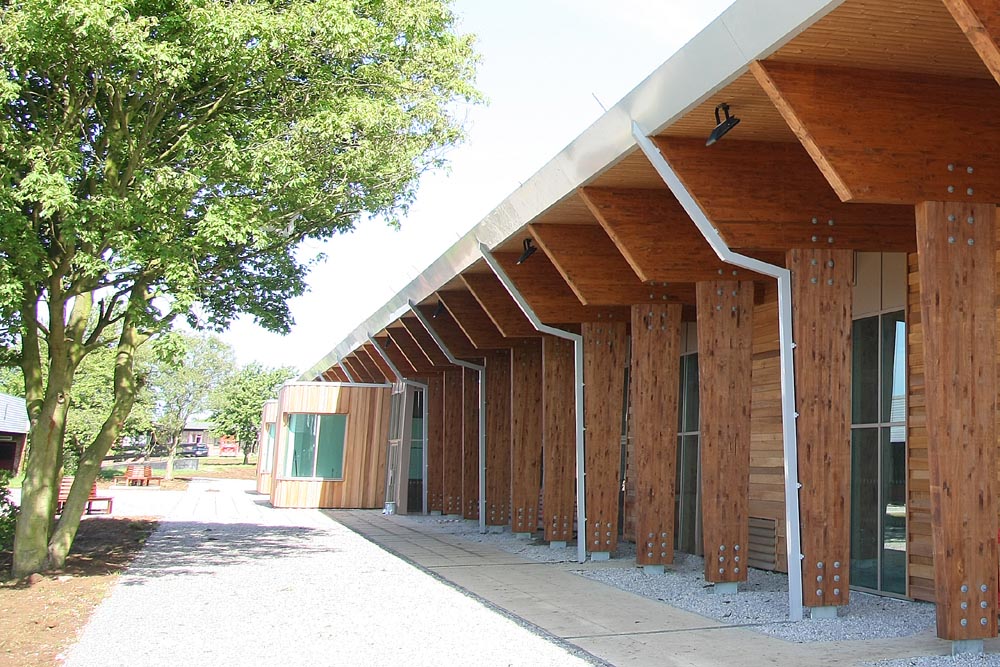Every day many of us travel past a possible source of renewable energy that, if used properly, could also enhance Lincolnshire’s landscape and avoid taking land out of food production.
SUSTAIN Lincolnshire is supporting a project to find out if the grass that is cut from road verges could be used to power anaerobic digestion. At the moment the cut grass is left as a mulch which prevents flowers from flourishing thus denying our bees, butterflies and other pollinators a valuable source of food.
A key stage in bringing this new source of renewable energy on stream is to harvest the biomass feedstock efficiently.
To achieve this involves the evaluation or development of new variants to conventional harvesting machinery. Accordingly August 12th will see a prototype harvester from Brittany, France being put through its paces before an invited audience on the University of Lincoln’s Riseholme Park Campus.
There are differences in road verge layouts and economic models between the circumstances in Lincolnshire and Brittany however this evaluation will allow the Lincolnshire Local Highways Agency, local contractors, machinery engineers and roadside reserve managers to gain some valuable experience of the machine under UK conditions and influence current work on developing a UK prototype.
The partnership bringing this event together is led by Lincolnshire County Council’s SUSTAIN Lincolnshire project, Lincolnshire Wildlife Trust, Natural England and the French Partner from an INTERREG funded project called COMBINE – PROGRASS researching into the production of renewable fuels from non-agricultural land areas.





